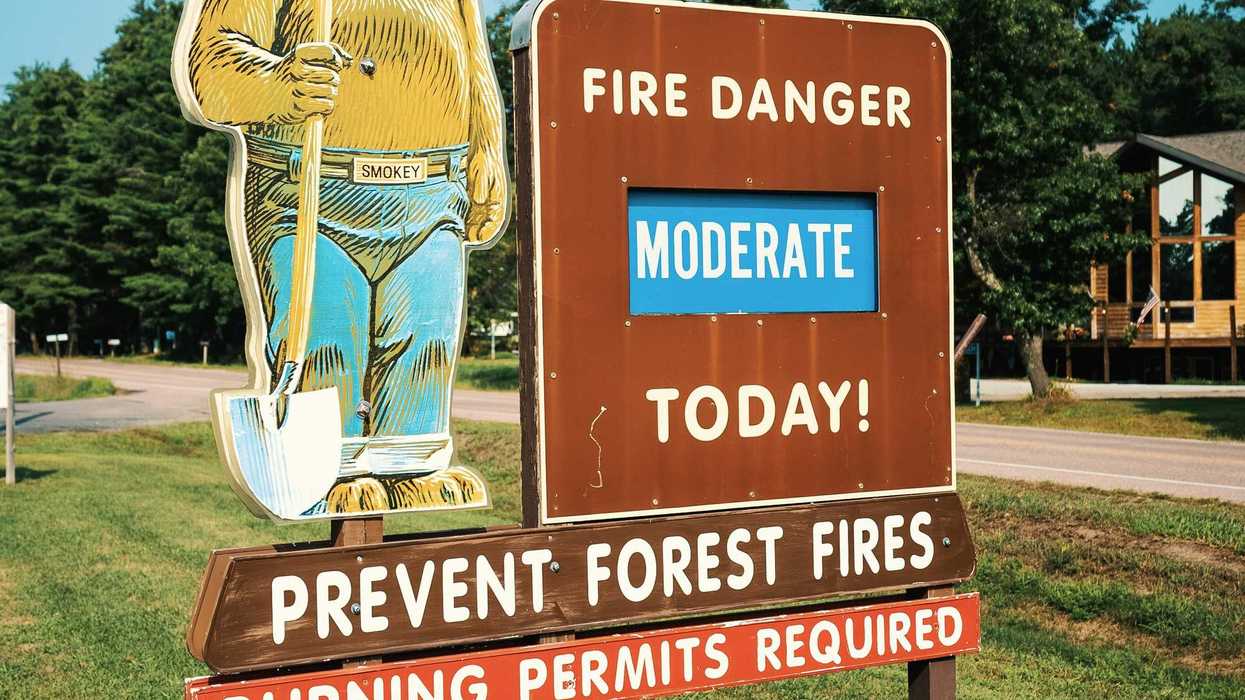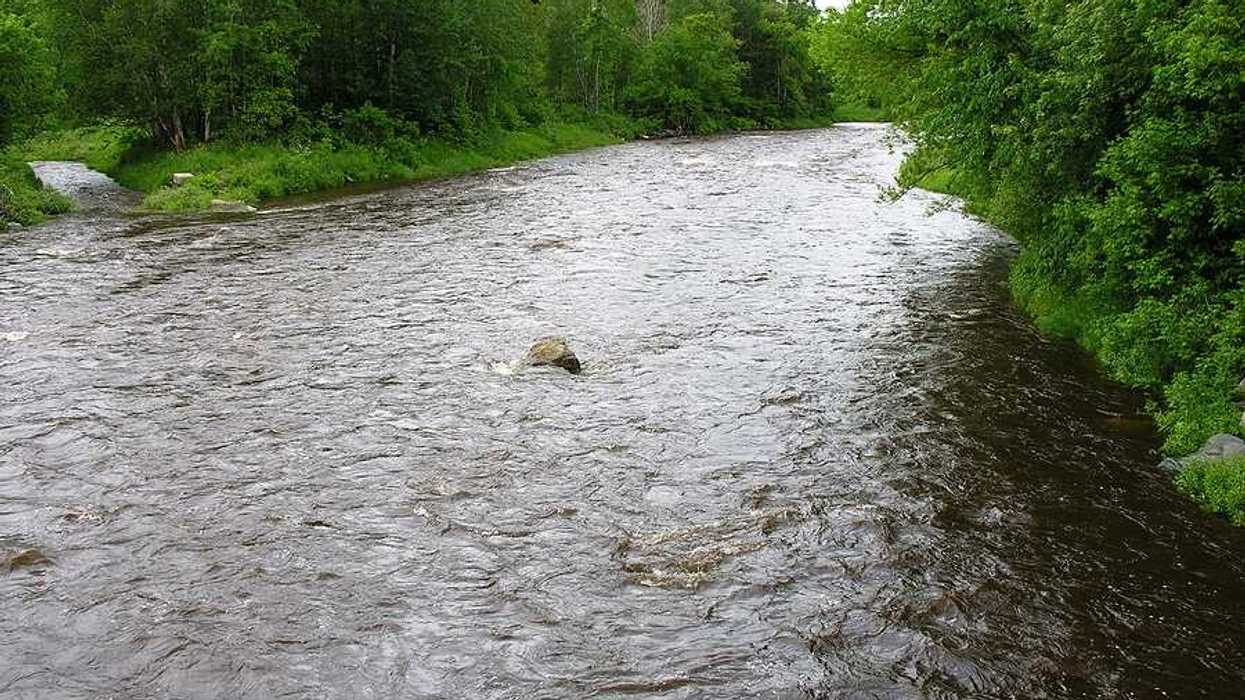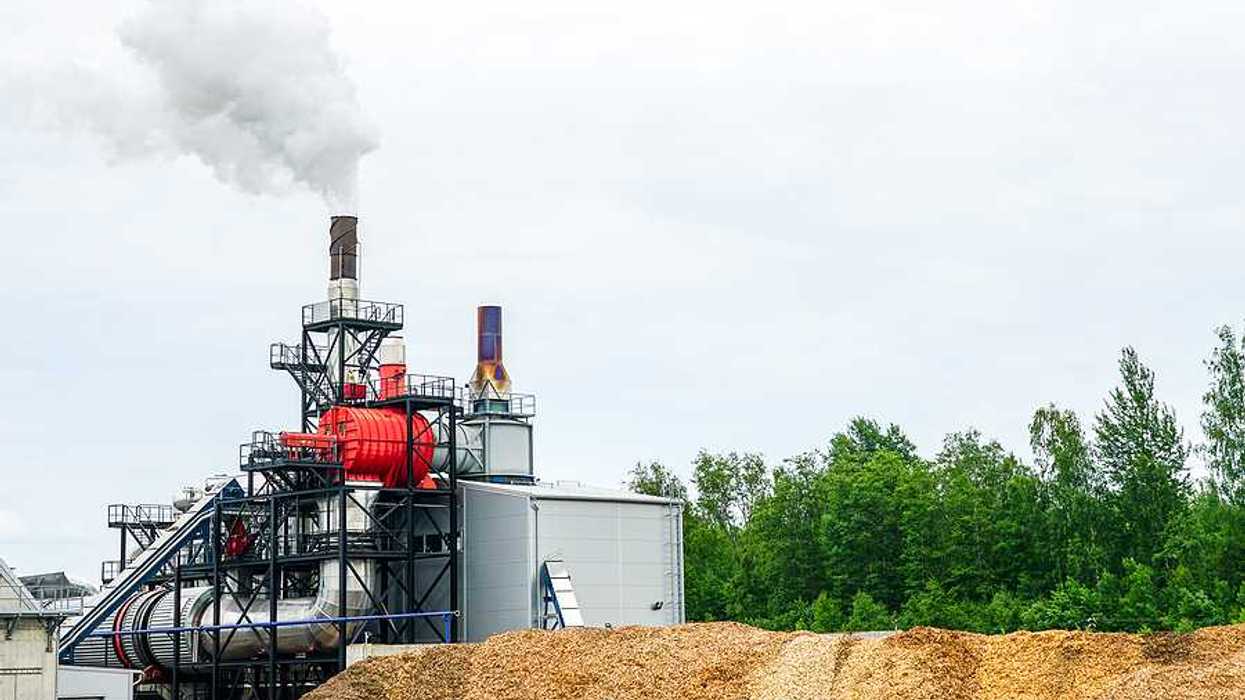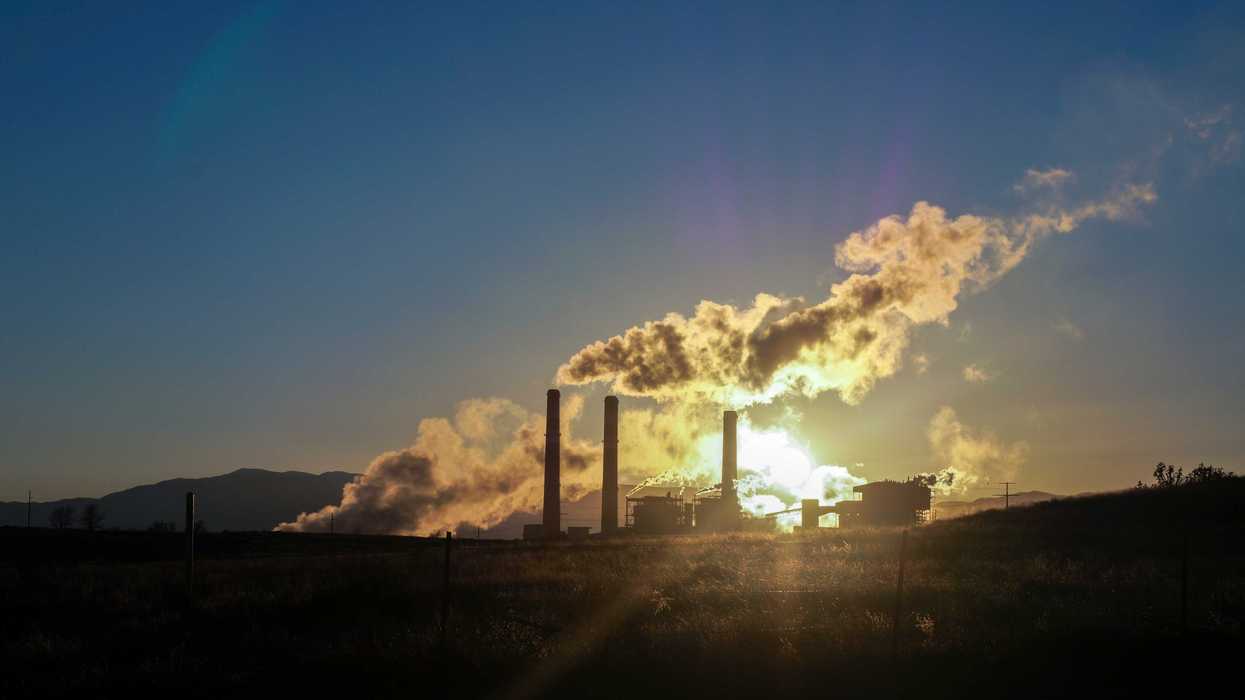Butterfly numbers in the contiguous United States have declined by 22% over the past two decades, with habitat loss, climate change, and pesticide use driving the drop, according to new research.
Catrin Einhorn and Harry Stevens report for The New York Times.
In short:
- A study analyzing 12.6 million butterflies from 77,000 surveys found that 245 species declined between 2000 and 2020, with only 32 species increasing.
- Common species, including the American lady and cabbage white, saw drastic drops, while some of the rarest butterflies faced near-total collapse.
- Researchers suspect pesticide exposure, particularly neonicotinoids, is a major driver of declines, alongside climate shifts pushing species northward.
Key quote:
“The loss that we’re seeing over such a short time is really alarming. Unless we change things, we’re in for trouble.”
— Elise Zipkin, quantitative ecologist at Michigan State University and one of the authors of the study
Why this matters:
Butterflies are essential pollinators and serve as indicators of ecosystem health. Their decline signals broader environmental instability affecting plants, birds, and other wildlife. Pesticides and habitat destruction are reducing insect populations worldwide, with cascading effects up the food chain. While some species are shifting their ranges to adapt to climate change, others are disappearing altogether. Without intervention, these losses could further disrupt ecosystems and food production.














